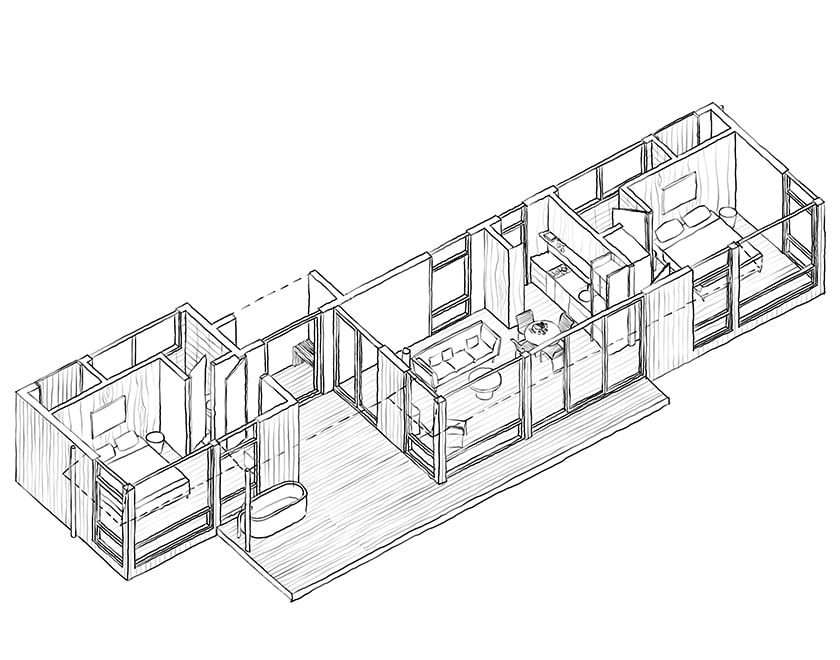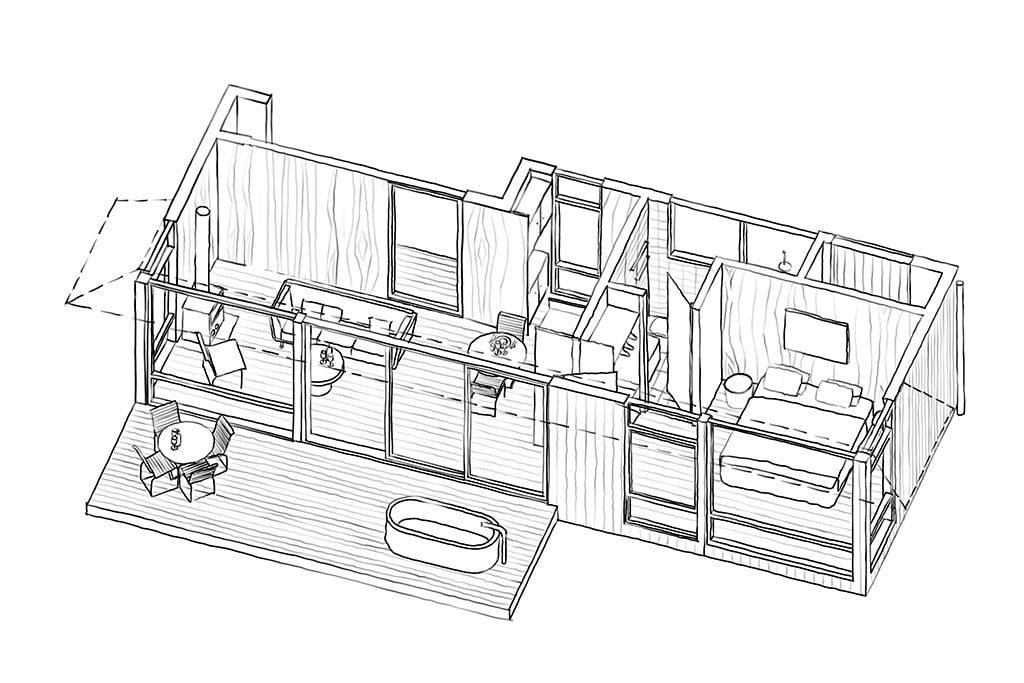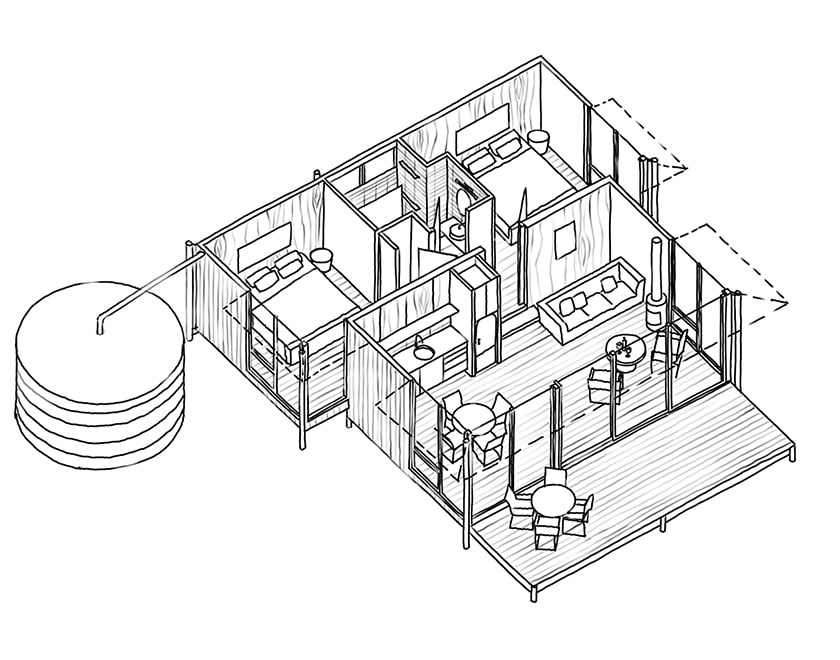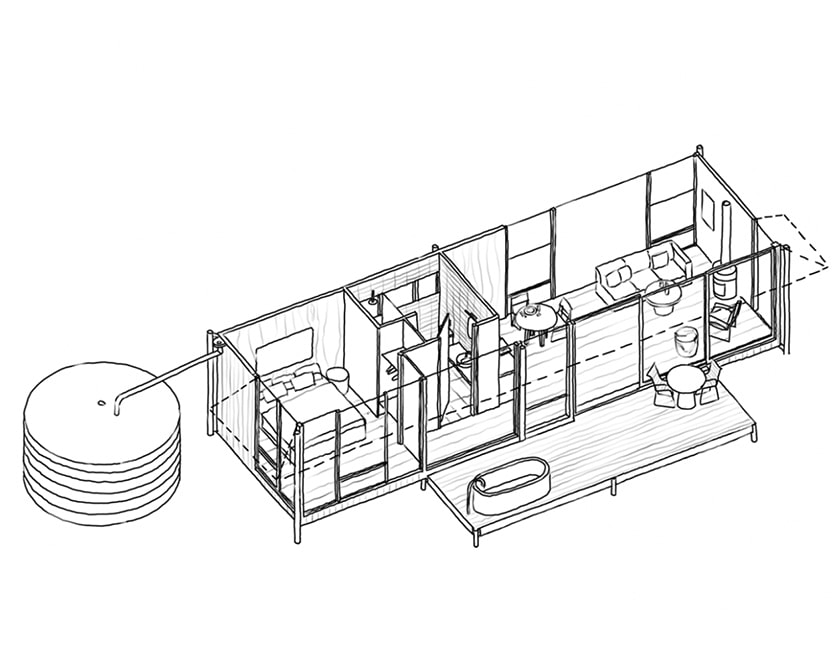Enlighten your clock //
You’ve got the rhythm in you.
Coline Weinzaepflen is a neuroscientist and illustrator who wants to remind us that our bodies can keep in time with the solar system. Its like a dance, a 24hr – 7 days a week dance marathon that effects our mood and performance.
Our internal biological rhythm is affected by our environment – specifically, our exposure to light. You’ve likely heard about avoiding blue light after dusk and already know your chronotype (think Early Bird vs Night Owl) – but are you still not taking sleep seriously and suffering from Social Jet-lag?
Follow the link below to check out this researched backed, peer reviewed …comic, that shed’s light on the subject and offers good habits for dancing in step with the universe (see pg 12).
Here’s a sample of Enlighten your clock: How your body tells time
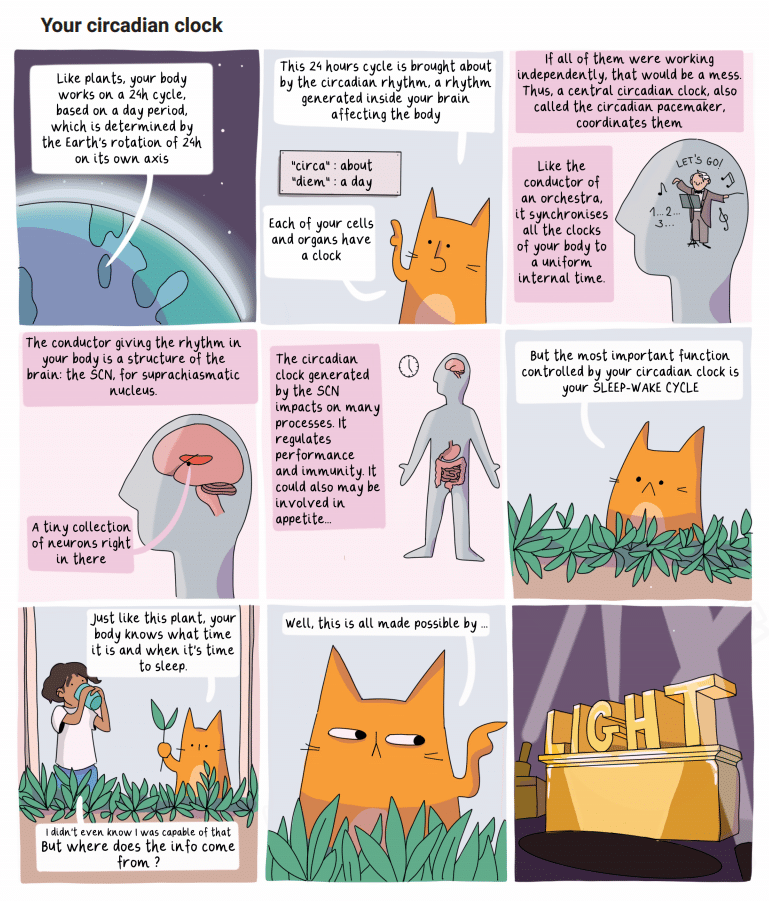
Coline Weinzaepflen is a neuroscientist and illustrator based in Strasbourg, France. For more information about her work, please visit https://linktr.ee/Colin.w
Comic sample and linked article from Weinzaepflen, C. & Spitschan, M. (Ed.) (2021). Enlighten your clock: How your body tells time. (C. Weinzaepflen, Illus.). DOI: 10.17605/OSF.IO/ZQXVH
Wellness on Kangaroo Island
Nurture yourself in nature's embrace //In our fast-paced world, finding time to replenish our spirits has become a vital pursuit for many. Kangaroo Island offers a unique opportunity to intimately connect with abundant natural beauty in order to nourish a stronger...
Winter on Kangaroo Island
Savour in the stillness //Winter on Kangaroo Island casts a spell of captivating beauty, beckoning you to immerse yourself in its rugged landscapes and embrace the allure of the season.As the island's lush greenery intertwines with crisp winter air, a sense of...
Finding time to nurture ourselves
Reclaiming our time // Finding new ways to nurture ourselvesIn the solace of nature, women can find new strength and time to nurture themselves and reconnect with several important truths—including the need to reclaim our time. In a world where “Girl Boss” culture...





